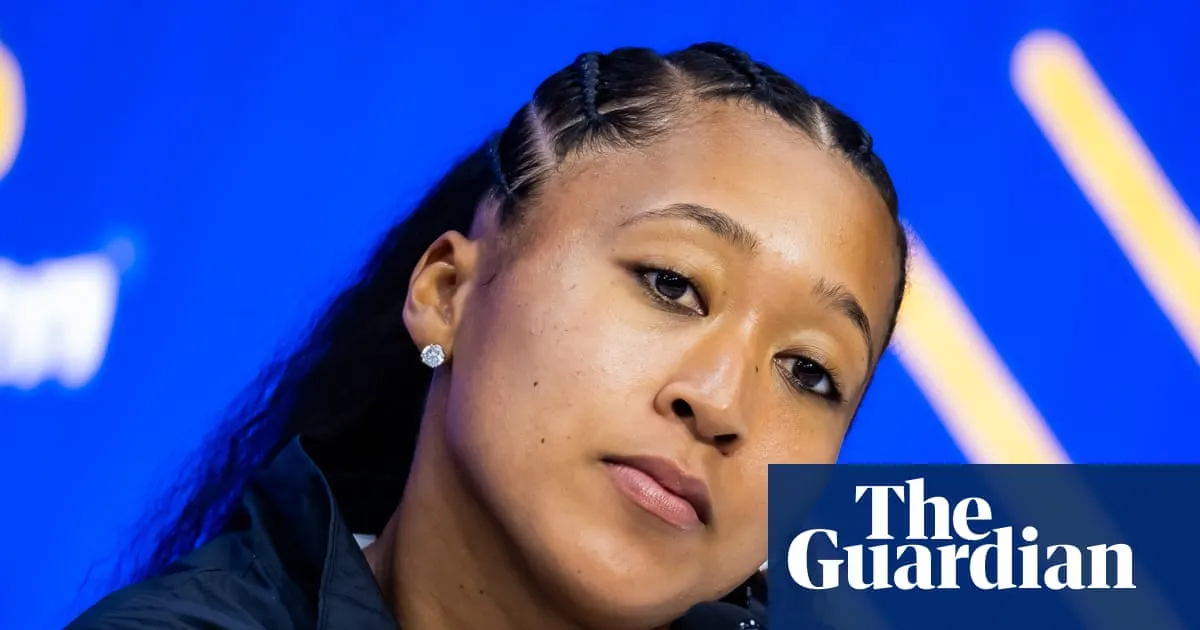
In a recent incident at the US Open, Naomi Osaka has publicly condemned Jelena Ostapenko’s remarks made during a heated courtside confrontation with Taylor Townsend. This incident has quickly become one of the most discussed topics of the tournament, igniting debates over sportsmanship and racial sensitivity within the realm of tennis.
On Wednesday, following their second-round match, Ostapenko accused the American player, Townsend, of lacking education and class. This confrontation arose after Townsend failed to apologize for a shot that hit the top of the net, leading to Ostapenko's controversial comments. While Ostapenko attempted to justify her remarks as a reaction to the match's tension, they have drawn accusations of racism from various quarters.
Despite the backlash, Ostapenko strongly denied any racial implications on social media. Townsend, for her part, stated that she did not interpret the comments as racially charged. However, Osaka weighed in on the situation, offering a powerful response when asked about the incident. “I think obviously it’s one of the worst things you can say to a black tennis player in a majority white sport,” Osaka remarked after her third-round victory over Hailey Baptiste. “I know Taylor and I know how hard she’s worked and I know how smart she is, so she’s the furthest thing from uneducated or anything like that.”
Ostapenko is well-known for her fiery personality on the women’s tour, and Osaka acknowledged this complexity. “If you’re genuinely asking me about the history of Ostapenko, I don’t think that’s the craziest thing she’s said. I’m going to be honest,” Osaka added. She emphasized the ill-timing of Ostapenko's comments, noting, “I don’t know if she knows the history of it in America. But I know she’s never going to say that ever again in her life. It was just terrible.”
In the wake of the controversy, Townsend expressed her desire for the incident to spark positive dialogue around the US Open and the sport of tennis. “If I’m someone who can draw huge crowds into the stadiums as a name that can bring people to come and buy tickets and support the game, then that’s a crown that I’ll gladly wear,” she stated. Townsend believes that the attention surrounding the confrontation can ultimately benefit the sport by attracting new fans.
When asked whether she perceived any racial undertones in Ostapenko’s comments, Townsend clarified that she did not interpret it that way, but acknowledged the historical stigma of being labeled as “not educated.” She appreciated the support she received from other players, many of whom approached her to discuss the incident privately. “It’s cool to know that people see you and people are watching,” Townsend reflected, noting the influx of social media followers she gained as a result.
Aryna Sabalenka also weighed in on the incident, revealing that she had a conversation with Ostapenko following the altercation. “I have to say that she’s nice,” the Belarusian player commented. “She just sometimes can lose control. She has some things in life to face and some struggles.” Sabalenka expressed her hope that Ostapenko would learn to handle such situations more maturely in the future.
Following the incident, Ostapenko returned to the court for doubles competition at Flushing Meadows. Initially fearing a negative reaction from the crowd, she was relieved to receive cheers instead of jeers. However, after her match, she declined to participate in post-match press obligations, with tournament organizers citing medical reasons for her absence.
This incident serves as a poignant reminder of the ongoing discussions around race, sportsmanship, and the importance of respectful dialogue within the world of professional sports.